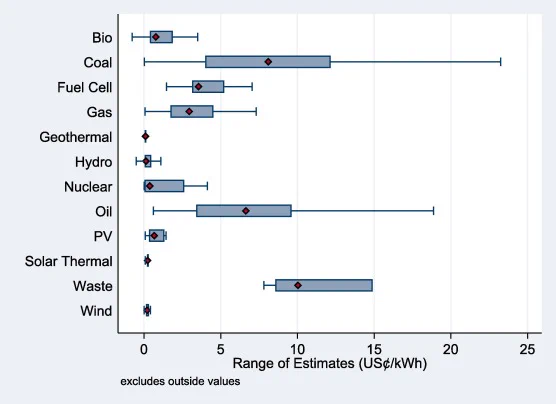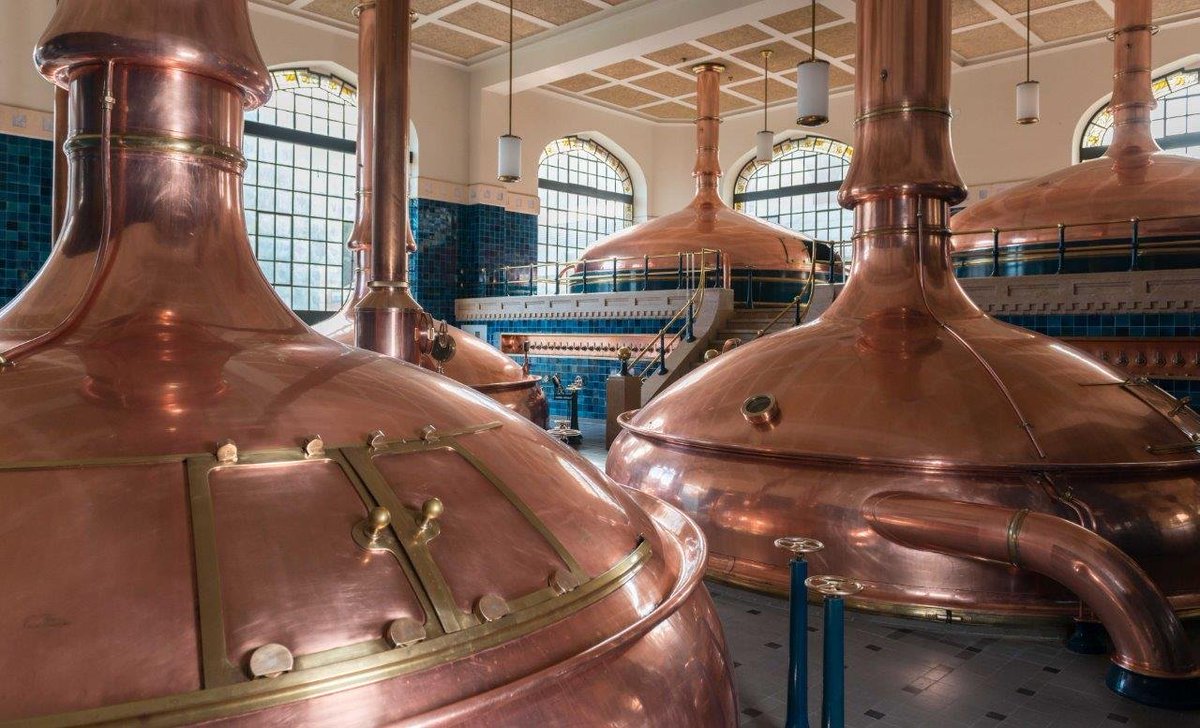Here's an update of my regular analysis of heat pump annual running costs vs gas boilers in the UK.
With existing offerings you could more than halve your heating running costs today.
Yes you heard correct - more than halve.
A 🧵 with the calculations and results.
With existing offerings you could more than halve your heating running costs today.
Yes you heard correct - more than halve.
A 🧵 with the calculations and results.

1/ Since 01 Oct electricity price cap is 27p/kWh, gas 7p/kWh. I crunched numbers in this thread a few weeks ago. The result is that running costs of heat pumps are lower with an SCoP of >2.9 with those prices compared to a gas boiler at 85% efficiency.

https://twitter.com/janrosenow/status/1702621958976708955

2/ But what if you have a time-varying tariff and achieve lower electricity prices? I average 21.57p/kWh with @OctopusEnergy right now. Compared to gas boiler that saves:
£70 at SCoP 2.5 (-7%)
£214 at SCoP 3.0 (-23%)
£318 at SCoP 3.5 (-34%)
£395 at SCoP 4.0 (-42%)
£455 at SCoP 4.5 (-49%)

£70 at SCoP 2.5 (-7%)
£214 at SCoP 3.0 (-23%)
£318 at SCoP 3.5 (-34%)
£395 at SCoP 4.0 (-42%)
£455 at SCoP 4.5 (-49%)

3/ This week new @OVOEnergy @_heatgeek offer has been put out there. With an electricity price of just 15p/kWh savings could potentially be very large exceeding 50%.
£334 at SCoP 2.5 (-36%)
£434 at SCoP 3.0 (-46%)
£506 at SCoP 3.5 (-54%)
£560 at SCoP 4.0 (–60%)
£602 at SCoP 4.5 (-64%)

£334 at SCoP 2.5 (-36%)
£434 at SCoP 3.0 (-46%)
£506 at SCoP 3.5 (-54%)
£560 at SCoP 4.0 (–60%)
£602 at SCoP 4.5 (-64%)

4/ You may say that high SCoPs of more than 3.5 are unrealistic. But real-world data from @_heatgeek shows that including hot water an average SCoP of close to 4.0 is achieved. With an SCoP of 3.9 and at 15p/kWh for electricity the savings on running costs are more than half compared to a typical gas boiler.


5/ This means that already with a modest SCoP of 2.9 at current price cap electricity prices the running costs of a heat pump are a bit lower than a 85% efficient gas boiler. With existing time of use tariffs or the new @OVOEnergy @_heatgeek offer much larger savings are to be had even at modest SCoPs. High SCoPs and those tariffs savings combined could be more than half of the running costs of a typical gas boiler.
6/ For those wanting to know more about how the figures in my charts are calculated the approach is explained in more detail with references here (using outdated price data): raponline.org/knowledge-cent…
7/ But what when the capital costs are accounted for too? I use an average heat pump costs of £13k minus the Boiler Upgrade Scheme grant of £7.5k and gas boiler costs of £2.7k and assuming a lifetime of 15 years each. Those figures can of course vary (higher for larger homes, different depending on installer, brand, model etc.) but for simplicity I use those values in the calculations below.
8/ If using current price cap electricity prices (27p/kWh) the result is that you need an SCoP of 3.6 to break even on total cost of ownership (CAPEX+OPEX). Not everyone will achieve this (average in trials was closer to 2.9) meaning that without addressing the electricity/gas price ration those with SCoPs <3.6 will not see financial savings under the current price cap.


9/ With my current @OctopusEnergy Agile average of 21.57p/kWh you would need to get an SCoP of 2.9 to see savings. With higher SCoPs of 4.0 or even 4.5 the total cost of ownership compared to gas would be 20% and 25% lower respectively. 

10/ Using the new @OVOEnergy @_heatgeek offering of 15p/kWh the total cost of ownership compared to gas are substantially lower for all SCoPs >1.7. With an SCoP of >3.2 the total cost of ownership of a heat pump over 15 years are half of a gas boiler. 

11/ Of course this relies on there being a subsidy. In the long term heat pump costs are expected to decline (the government aims for a 25% cost reduction and companies like @OctopusEnergy have started offering heat pumps for £500 after the grant). Assuming a 25% CAPEX reduction and a phase-out of the subsidies over time the electricity/gas price ratios (the spark gap) need to be closer to 2.1 rather than 3.9 where they currently are.
12/ Targeting an electricity/gas ratio of about 2.0 is also what other countries are doing and what the industry has suggested would be needed elsewhere in Europe. ehpa.org/wp-content/upl…
13/ This means that in the medium to long-term rebalancing electricity and gas prices through reviewing taxes and levies is absolutely critical. @CSkidmoreUK called for this in his Mission Zero Review citing our @RegAssistProj analysis. The government is working on this right now and is expected to consult on this soon.
14/ Let me sum up: it is already possible to more than halve your running costs with a heat pump using existing offerings. But the total cost of ownership only add up right now because of the BUS grant. Key is to reform taxes and levies to reduce the spark gap in the UK, one of the highest in Europe.
• • •
Missing some Tweet in this thread? You can try to
force a refresh

 Read on Twitter
Read on Twitter













